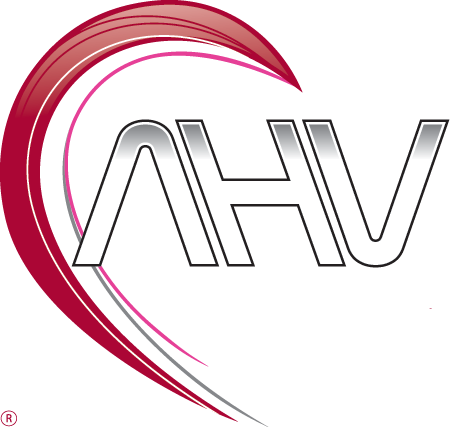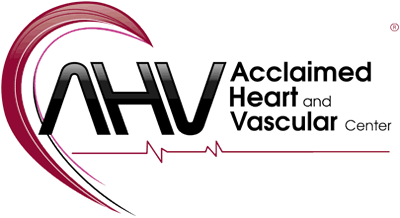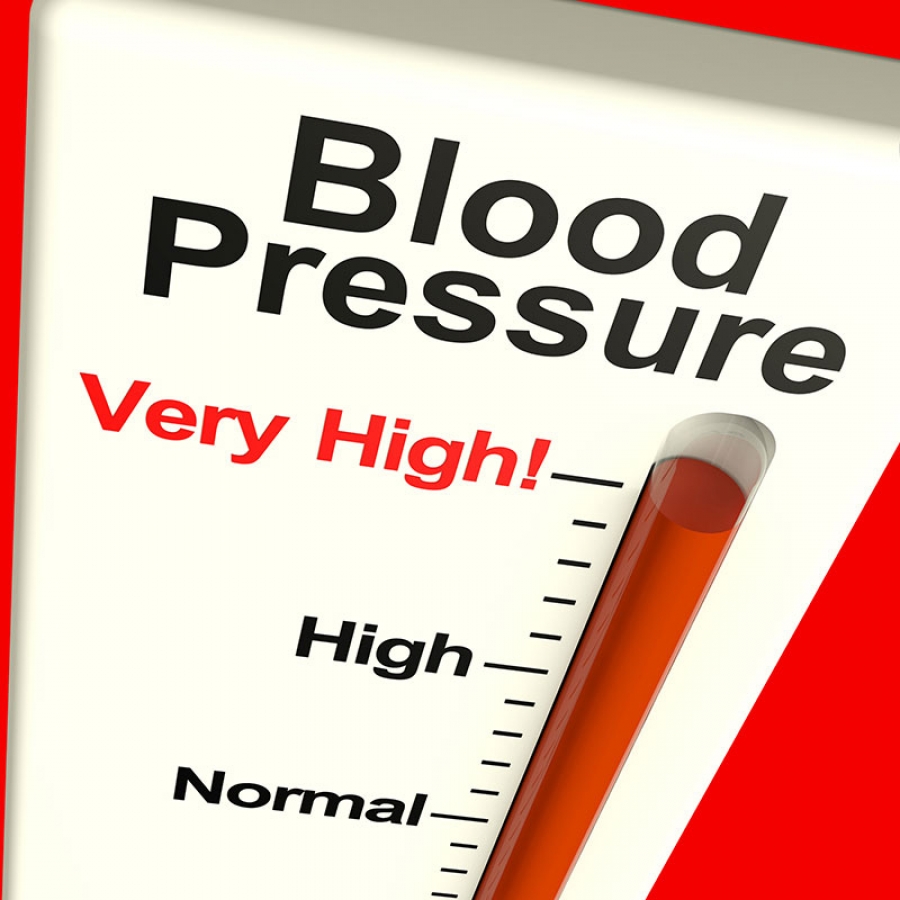Here's a look at the complications high blood pressure can cause when it's not effectively controlled:
Damage to your arteries
Healthy arteries are flexible, strong and elastic. Their inner lining is smooth so that blood flows freely, supplying vital organs and tissues with nutrients and oxygen.
Hypertension gradually increases the pressure of blood flowing through your arteries. As a result, you might experience:
- Damaged and narrowed arteries. High blood pressure can damage the cells of your arteries' inner lining. When fats from your diet enter your bloodstream, they can collect in the damaged arteries. Eventually, your artery walls become less elastic, limiting blood flow throughout your body.
- Aneurysm. Over time, the constant pressure of blood moving through a weakened artery can cause a section of its wall to enlarge and form a bulge (aneurysm). An aneurysm can potentially rupture and cause life-threatening internal bleeding.
Damage to your heart
Your heart pumps blood to your entire body. Uncontrolled high blood pressure can damage your heart in several ways and cause severe issues, such as:
- Coronary artery disease. Coronary artery disease affects the arteries that supply blood to your heart muscle. Arteries narrowed by coronary artery disease don't allow blood to flow freely through your arteries. When blood can't flow freely to your heart, you can experience chest pain/angina, a heart attack or arrhythmias.
- Enlarged left heart. High blood pressure forces your heart to work harder than necessary in order to pump blood to the rest of your body. This causes the left ventricle to thicken or stiffen (left ventricular hypertrophy). These changes limit the ventricle's ability to pump blood to your body. This condition increases your risk of heart attack, heart failure and sudden cardiac arrest.
- Heart failure. Over time, the strain on your heart caused by high blood pressure can cause your heart muscle to weaken and work less efficiently. Eventually, your overwhelmed heart simply begins to wear out and fail. Damage from heart attacks adds to this problem.

Acclaimed Heart and Vascular Center
We deliver excellent care with compassion after discussing your health and treatment plan with simplicity.
Damage to your brain
Just like your heart, your brain depends on a nourishing blood supply to work properly and survive. But high blood pressure can cause several problems, including:
- Transient ischemic attack (TIA). Sometimes called a mini-stroke, a transient ischemic attack is a brief, temporary disruption of blood supply to your brain. It's often caused by atherosclerosis or a blood clot — both of which can arise from high blood pressure. A transient ischemic attack is often a warning that you're at risk of a full-blown stroke.
- Stroke. A stroke occurs when part of your brain is deprived of oxygen and nutrients, causing brain cells to die. Uncontrolled high blood pressure can lead to stroke by damaging and weakening your brain's blood vessels, causing them to narrow, rupture or leak. High blood pressure can also cause blood clots to form in the arteries leading to your brain, blocking blood flow and potentially causing a stroke.
- Dementia. Dementia is a brain disease resulting in problems with thinking, speaking, reasoning, memory, vision and movement. There are several causes of dementia. One cause, vascular dementia, can result from narrowing and blockage of the arteries that supply blood to the brain. It can also result from strokes caused by an interruption of blood flow to the brain.
- Mild cognitive impairment. Mild cognitive impairment is a transition stage between the changes in understanding and memory that come with aging and the more-serious problems caused by Alzheimer's disease. Like dementia, it can result from blocked blood flow to the brain when high blood pressure damages arteries.
Damage to your kidneys
Your kidneys filter excess fluid and waste from your blood — a process that depends on healthy blood vessels. High blood pressure can harm both the blood vessels in and leading to your kidneys, causing several types of kidney disease. Having diabetes in addition to high blood pressure can worsen the damage.
- Kidney failure. High blood pressure is one of the most common causes of kidney failure. That's because it can damage both the large arteries leading to your kidneys and the tiny blood vessels within the kidneys. Damage to either makes it so your kidneys can't effectively filter waste from your blood. As a result, dangerous levels of fluid and waste can accumulate. You might ultimately require dialysis or kidney transplantation.
- Kidney scarring (glomerulosclerosis). Glomerulosclerosis is a type of kidney damage caused by scarring of the glomeruli. The glomeruli are tiny clusters of blood vessels within your kidneys that filter fluid and waste from your blood. Glomerulosclerosis can leave your kidneys unable to filter waste effectively, leading to kidney failure.
- Kidney artery aneurysm. An aneurysm is a bulge in the wall of a blood vessel. When it occurs in an artery leading to the kidney, it's known as a kidney (renal) artery aneurysm. One potential cause is atherosclerosis, which weakens and damages the artery wall. Over time, high blood pressure in a weakened artery can cause a section to enlarge and form a bulge — the aneurysm. Aneurysms can rupture and cause life-threatening internal bleeding.
Damage to your eyes
Tiny, delicate blood vessels supply blood to your eyes. Like other vessels, they, too, can be damaged by high blood pressure:
- Eye blood vessel damage (retinopathy). High blood pressure can damage the vessels supplying blood to your retina, causing retinopathy. This condition can lead to bleeding in the eye, blurred vision and complete loss of vision. If you also have both diabetes and high blood pressure, you're at an even greater risk.
- Fluid buildup under the retina (choroidopathy). In this condition, fluid builds up under your retina because of a leaky blood vessel in a layer of blood vessels located under the retina. Choroidopathy can result in distorted vision or in some cases scarring that impairs vision.
- Nerve damage (optic neuropathy). This is a condition in which blocked blood flow damages the optic nerve. It can kill nerve cells in your eyes, which may cause bleeding within your eye or vision loss.
Sexual dysfunction
Although the inability to have and maintain an erection (erectile dysfunction) becomes increasingly common in men as they reach age 50, it's even more likely to occur if they have high blood pressure, too. Over time, high blood pressure damages the lining of your blood vessels and causes your arteries to harden and narrow (atherosclerosis), limiting blood flow. This means less blood is able to flow to your penis. For some men, the decreased blood flow makes it difficult to achieve and maintain erections — often referred to as erectile dysfunction. The problem is fairly common, especially among men who are not treating their high blood pressure.
Women may have sexual dysfunction as a side effect of high blood pressure, as well. High blood pressure can reduce blood flow to your vagina. For some women, this leads to a decrease in sexual desire or arousal, vaginal dryness, or difficulty achieving orgasm. Improving arousal and lubrication can help. Like men, women can experience anxiety and relationship issues due to sexual dysfunction.
Other possible dangers of high blood pressure
High blood pressure can also affect other areas of the body, leading to such problems as:
- Bone loss. High blood pressure can increase the amount of calcium that's in your urine. That excessive elimination of calcium may lead to loss of bone density (osteoporosis), which in turn can lead to broken bones. The risk is especially increased in older women.
- Trouble sleeping. Obstructive sleep apnea — a condition in which your throat muscles relax causing you to snore loudly — occurs in more than half of those with high blood pressure. It's now thought that high blood pressure itself may help trigger sleep apnea. Also, sleep deprivation resulting from sleep apnea can raise your blood pressure.
High blood pressure emergencies
High blood pressure is usually a chronic condition that gradually causes damage over the years. But sometimes blood pressure rises so quickly and severely that it becomes a medical emergency requiring immediate treatment, often with hospitalization.
In these situations, high blood pressure can cause:
- Memory loss, personality changes, trouble concentrating, irritability or progressive loss of consciousness
- Stroke
- Severe damage to your body's main artery (aortic dissection)
- Chest pain
- Heart attack
- Sudden impaired pumping of the heart, leading to fluid backup in the lungs resulting in shortness of breath
- Sudden loss of kidney function
- Complications in pregnant women (preeclampsia or eclampsia)
DISCLAIMER: THIS WEBSITE DOES NOT PROVIDE MEDICAL ADVICE
The information, including but not limited to, text, graphics, images and other material contained on this website are for informational purposes only. The purpose of this website is to promote broad consumer understanding and knowledge of various health topics. It is not intended to be a substitute for professional medical advice, diagnosis or treatment. Always seek the advice of your physician or other qualified health care provider with any questions you may have regarding a medical condition or treatment and before undertaking a new health care regimen, and never disregard professional medical advice or delay in seeking it because of something you have read on this website.

